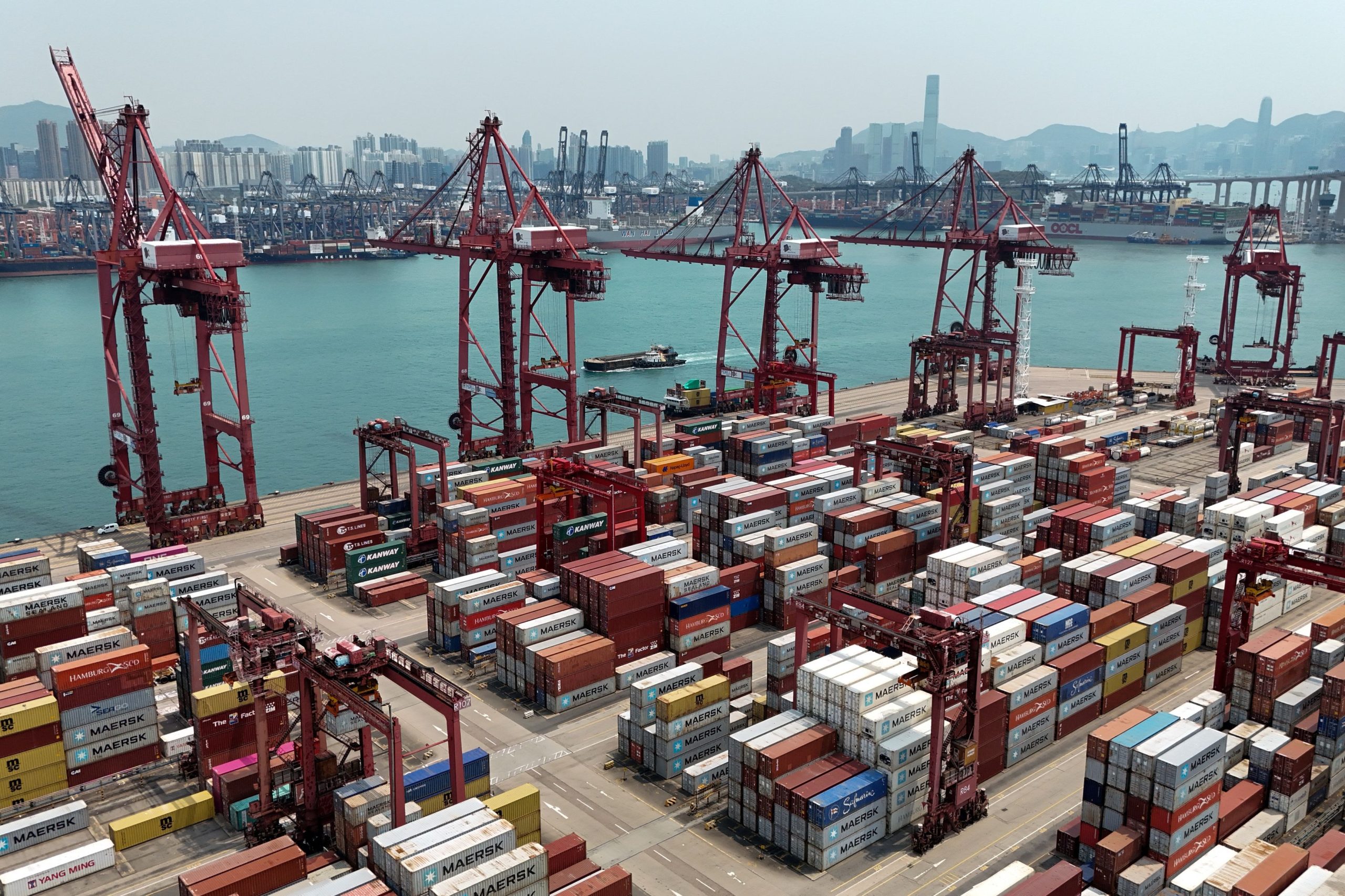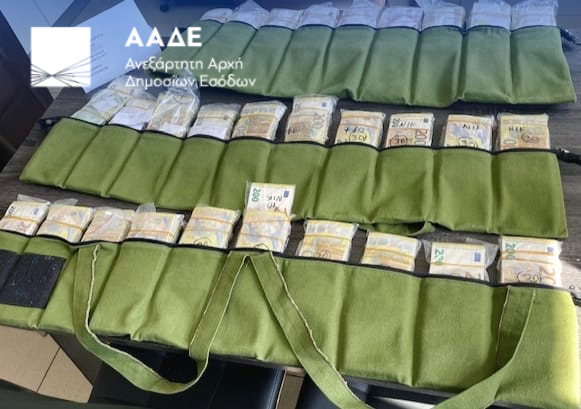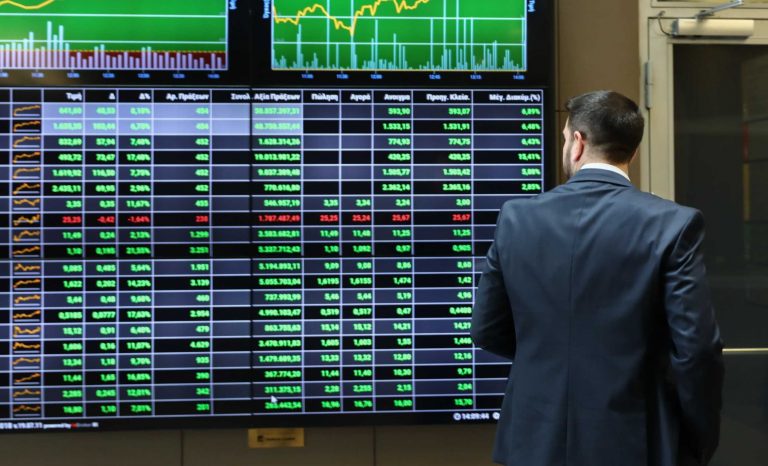In the aftermath of the publication of the annual report of the Bank of Greece for 2021, in the context of the work of the 7th Delphi Economic Forum, which takes place in Delphi, on April 6-9, and is under the auspices of the President of the Hellenic Republic, Ms Katerina Sakellaropoulou, the Governor of the Bank of Greece, Mr Yannis Stournaras spoke with Mr Paschos Mandravelis, columnist of the journal Kathimerini, about the current situation and the prospects of the Greek economy, amid a fluid economic environment, driven by the consequences of the pandemic, but also of the Russian-Ukrainian crisis.
According to the governor of the Bank of Greece, in 2021, the Greek economy showed remarkable resilience to the problems and covered the losses of the previous year caused by the pandemic, moving forward with moves such as the digitalisation of the Greek public sector while reducing bureaucracy, transitioning to green growth, and investing in the “knowledge triangle”.
In relation to the part of the reforms and especially in the labour market, he said that, in previous years, there were many reforms also in the labour market, which is much more different and dynamic than in the past, but, at the moment, of high importance is the need to train the staff.
Moreover, Mr Yannis Stournaras also referred to the dynamics of the euro in previous years, stressing that “The euro went through a very difficult process, it almost dissolved. At this point, Greece proved that is playing a major role in history, by developing in the banking, the financial and the insurance sector. There is much more to be done to strengthen it, some of which were done during the economic crisis.”
Inflation, as well as what the banks are doing against the backdrop of its continued growth in recent times, was also the focus of the conversation, with Mr Stournaras pointing out that “before the pandemic, the European Banks postponed to increase inflation, they made great efforts, and we reached negative interest rates. The pandemic created a number of restrictions on supply chains or factories. The accumulated savings were converted into consumption, as a sign of excessive demand and price increases. We’ve had a series of supply-side shocks. But the biggest is now in Ukraine, this is a shock that contributes to the increase of inflation.”
But how does the ECB deal with this mixed economic situation with inflation? According to Mr. Stournaras, the three pillars of its strategy are flexibility, manoeuvrability and adaptation strategy.
The governor of the Bank of Greece also commented on the sanctions of the EU countries in Russia, with the freezing of its foreign reserves, referring to them as “a weapon that had never been used before”, adding that although opinions differ on this move, it does not enhance inflation.
In conclusion, Mr Stournaras underlined that, even in the midst of adverse economic conditions, it is an opportunity for the euro to strengthen itself, but in order to achieve this, the Eurozone must proceed to a higher degree of federalisation, with the issuance of a joint bond.
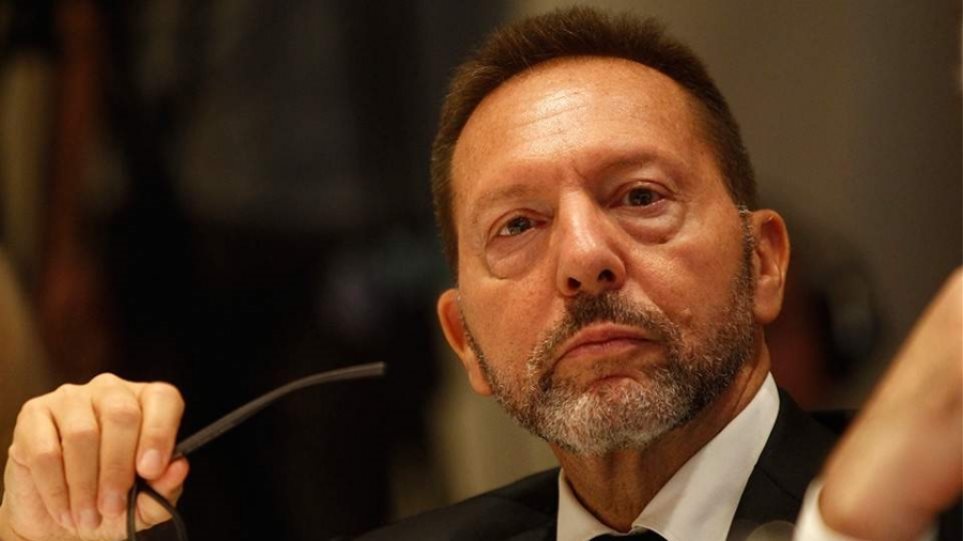
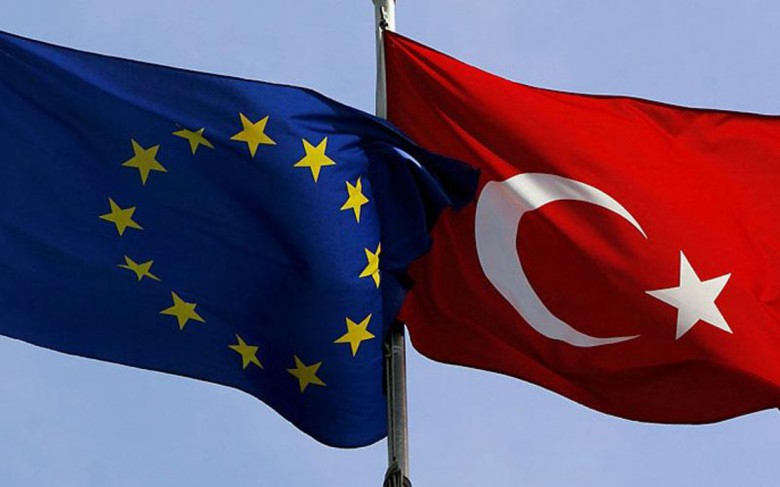




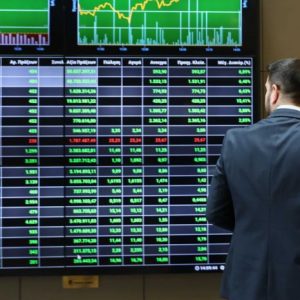




![Οι αλλαγές που υπάρχουν στα φορολογικά έντυπα για τα εισοδήματα του φορολογικού έτους 2024 από ακίνητα [Γ’ Μέρος]](https://www.ot.gr/wp-content/uploads/2025/03/akinita.jpeg)

